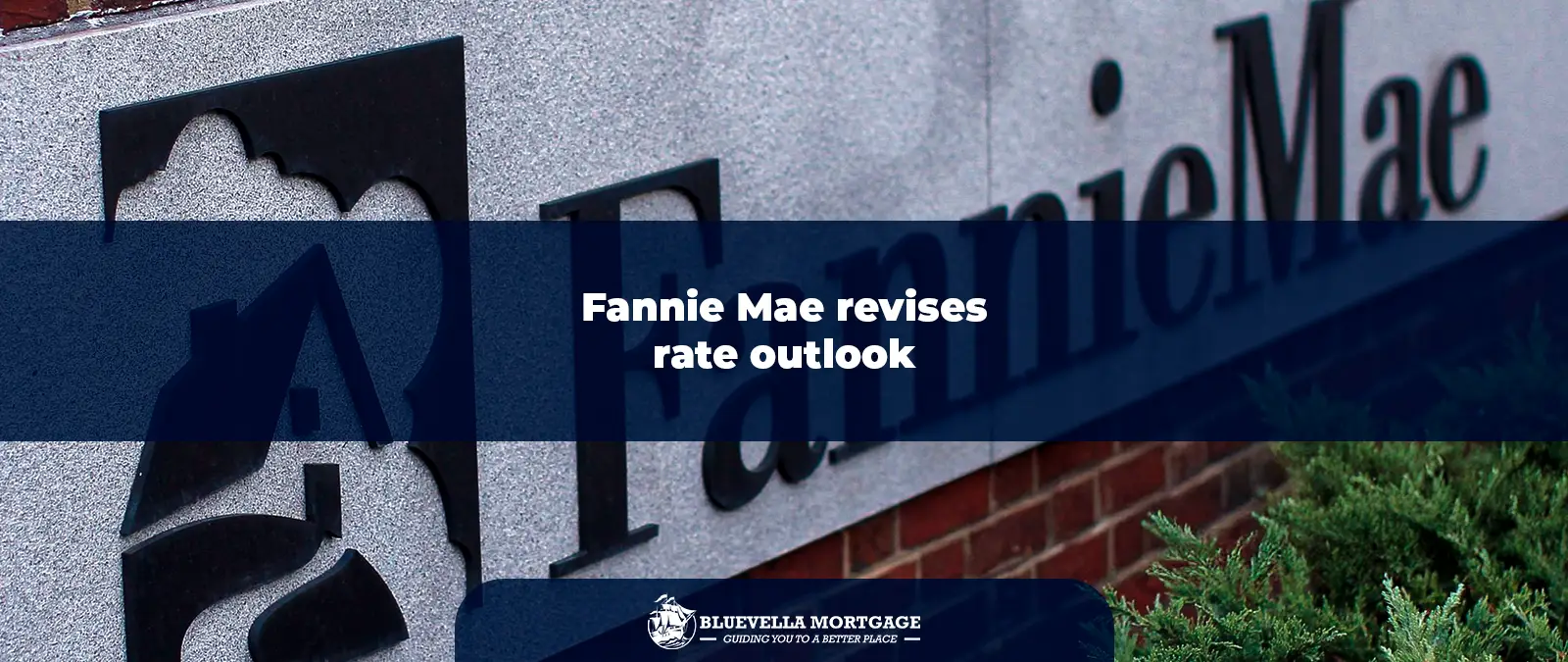Your U.S. Investment Starts Here
Get personalized mortgage advice and secure your property with ease

Frequently asked Foreign National questions
We offer top-of-the-line technology and expert customer service to guide you through the refinance mortgage with ease. View more Q&A here
Can foreign nationals buy property in the U.S.?
Yes, foreign nationals can buy property in the U.S. There are no restrictions on the type or amount of real estate they can purchase
What financing options are available for foreign investors?
Foreign investors can access various financing options, including mortgages from U.S. banks, international lenders, and private financing. However, the terms and conditions may vary
Are there any tax implications for foreign nationals investing in U.S. real estate?
Yes, foreign investors must comply with U.S. tax laws, including property taxes, income taxes on rental income, and potential capital gains taxes upon selling the property.
What are the legal requirements for foreign nationals buying property in the U.S.?
Foreign nationals need to provide identification, proof of funds, and may need to establish a U.S. bank account. It’s also advisable to consult with a real estate attorney to navigate any legal complexities
How can foreign investors manage their U.S. properties?
Many foreign investors hire property management companies to handle day-to-day operations, tenant relations, and maintenance, ensuring their investment is well-managed even from afar
What are the best locations for foreign nationals to invest in U.S. real estate?
Popular locations include major cities like New York, Los Angeles, and Miami, as well as emerging markets with high growth potential
Are there any restrictions on renting out property owned by foreign nationals?
Generally, there are no restrictions on renting out property owned by foreign nationals. However, local regulations and homeowners’ association rules may apply
What are the benefits of investing in U.S. real estate as a foreign national?
Benefits include potential rental income, property appreciation, diversification of investment portfolio, and in some cases, eligibility for certain visa programs.
Find the perfect loan for you.
There are various types of mortgage options available, and taking a few minutes to explore your options can be beneficial. Understanding the different types of home loans can help you determine which one offers the best fit for your needs. Don’t worry, we’re here to guide you through the process and help you select the most suitable loan option. But first, take some time to review and compare your options to get an idea of what works best for you.
Free Pre-Qualification
Get Flexible Mortgage Solutions
With the right home loan, you can refinance or buy a home and keep your financial plans on track
Gov. Insured Loans
Attractive loan terms
Government-insured mortgages, also known as government-backed mortgages, are home loans that are insured or guaranteed by a federal agency. These loans are designed to help specific groups of people, such as first-time homebuyers, veterans, and those in rural areas, by reducing the risk for lenders.
0%
Down Payment
580+
Credit Score
Conventional loans
Different term options available
A government program doesn’t directly back a conventional mortgage loan. Most of these loans are also “conforming,” meaning they adhere to the standards set by Fannie Mae or Freddie Mac. These two government-sponsored entities buy mortgages from lenders and then sell them to investors.
3%
Dow payment
680+
Credit Score
Non-Qualified Mortgage
Good option for investors
Non-QM (Non-Qualified Mortgage) loans are home loans that don’t meet the strict criteria set by the Consumer Financial Protection Bureau (CFPB) for qualified mortgages. These loans are designed for borrowers who may not fit the traditional lending requirements but still have the financial means to repay a mortgage.





